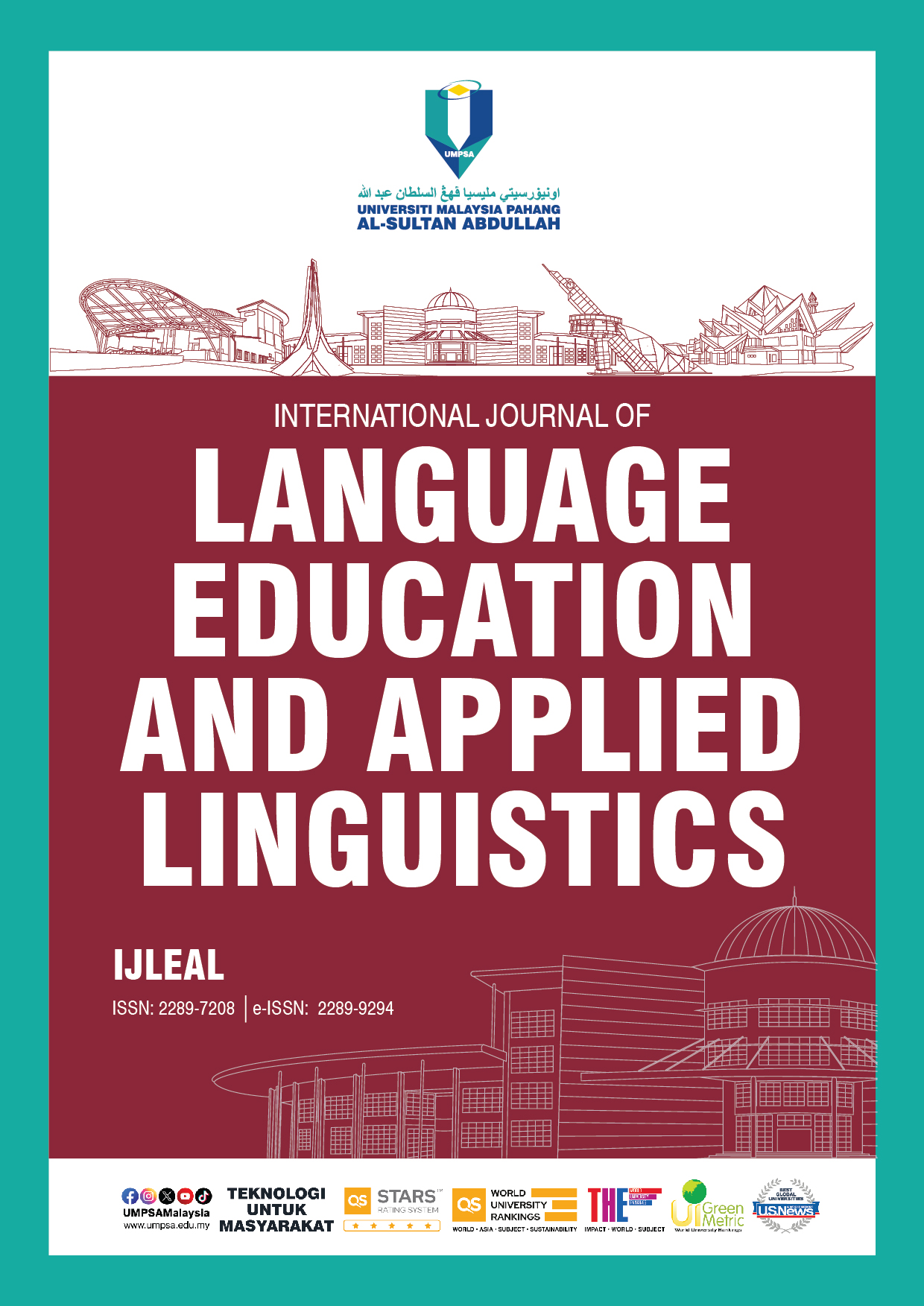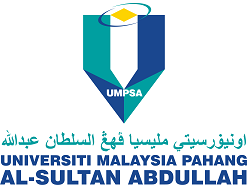Revisiting Ethical Issues in Research into Social Media Language Use
DOI:
https://doi.org/10.15282/Keywords:
Ethics, Language use, Research, Social mediaAbstract
This editorial discusses workable and unworkable ethical guidelines and shares some narratives about the negotiation of ethical permissions for conducting applied linguistic research using texts from social media platforms. Some of these are from my own experience of over 35 years researching online language use, especially codemixing, alias translanguaging, and practices in language and content subject classes. Among a number of themes emerging from these narratives, the universal applicability of ethical principles and stances needs to be questioned; also, the positioning of the researcher(s): participant- or non-participant-observers, or ‘lurkers’. Another issue is the status of online texts, such as those in public online discussion forums, where participants often use pseudonyms: should they be considered as published material and referenced accordingly? Should the pseudonyms appear in cited texts where the content may be contentious? The narratives are presented as vignettes, and it is hoped that we can move beyond the basic dualities of ethical vs. unethical towards a more nuanced analysis.
References
‘Aqilah Aziz (2019). Language choice and code switching in Brunei in synchronous electronically mediated communication. PhD thesis, Universiti Brunei Darussalam.
Barnard, R., & Yi Wang. (Eds, 2021). Research ethics in Second Language Education: Universal principles, local practices. Routledge.
Bravo-Sotelo, K.P. (2024). Investigating the translanguaging practices of mathematics teachers and students in online classes in the Philippines. Unpublished PhD thesis, FASS, Universiti Brunei Darussalam.
Danet, B., & Herring, S. (2007). The Multilingual Internet: Language, culture and communication online. Oxford University Press.
Giaxoglou, K. (2016). Reflections on internet research ethics from language-focused research on web-based mourning: revisitingtheprivate/publicdistinction as a language ideology of differentiation. Applied Linguistics Review, 8(2–3), 229–250. https://doi.org/10.1515/applirev-2016-1037
Huong Thi Nguyen (2021). Oral corrective feedback: Ethical issues in researching Vietnamese lecturers’ beliefs and practices. In R. Barnard & Yi Wang (Eds.). Research ethics in Second Language Education: Universal principles, local practices (pp. 28-44). Routledge.
McLellan, J. (2005). Malay-English language alternation in two Brunei Darussalam online discussion forums. Unpublished PhD thesis, Curtin University of Technology.
Noor Azam Haji-Othman & Azmi Mohamad (2021). Research ethics from a Malay-Muslim perspective. In R. Barnard & Yi Wang (Eds.). Research ethics in Second Language Education: Universal principles, local practices (pp. 117-127). Routledge.
Pennycook, A. (1996). Borrowing Others’ Words: Text, Ownership, Memory, and Plagiarism. TESOL Quarterly, 30(2), 201. https://doi.org/10.2307/3588141
Sormanen, N., & Lauk, E. (2016). Issues of Ethics and Methods in Studying Social Media. Media and Communication, 4(4), 63–65. https://doi.org/10.17645/mac.v4i4.793
Spilioti, T., & Tagg, C. (2016). The Ethics of Online Research Methods in Applied Linguistics: Challenges, opportunities, and directions in ethical decision-making. Applied Linguistics Review, 8(2–3), 163–167. https://doi.org/10.1515/applirev-2016-1033
Stommel, W. (2024). Social media research and ethics: What does the user want? Accessed 6 March 2025 via https://researchmethodscommunity.sagepub.com/blog/social-media-research-ethics-user-
Stommel, W., & De Rijk, L. (2021). Ethical approval: none sought. How discourse analysts report ethical issues around publicly available online data. Research Ethics. https://doi.org/10.1177/1747016120988767
Townsend, L., & Wallace, C. (2016). Social media research: A guide to ethics. Aberdeen, Scotland: University of Aberdeen. Accessed 6 March 2024 via https://www.gla.ac.uk/media/Media_487729_smxx.pdf
Zimmer, M. (2020). “But the data is already public”: on the ethics of research in Facebook. The Ethics of Information Technologies, 229–241. https://doi.org/10.4324/9781003075011-17
Downloads
Published
Issue
Section
License
Copyright (c) 2025 The Author(s)

This work is licensed under a Creative Commons Attribution-NonCommercial 4.0 International License.




